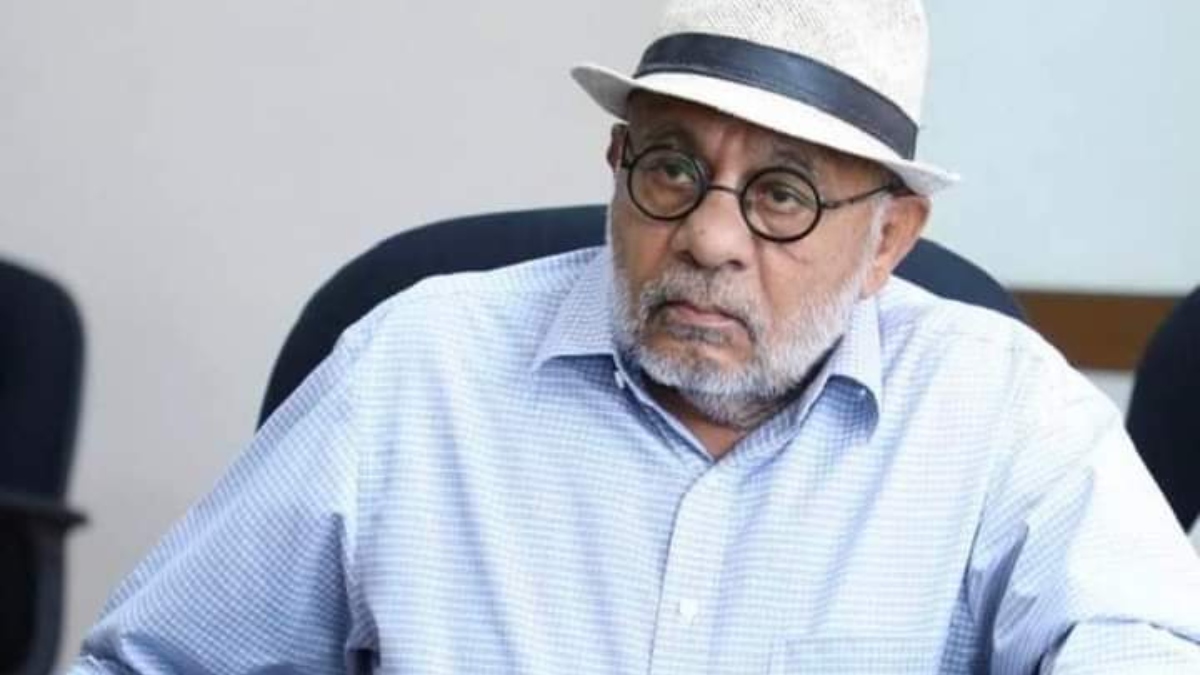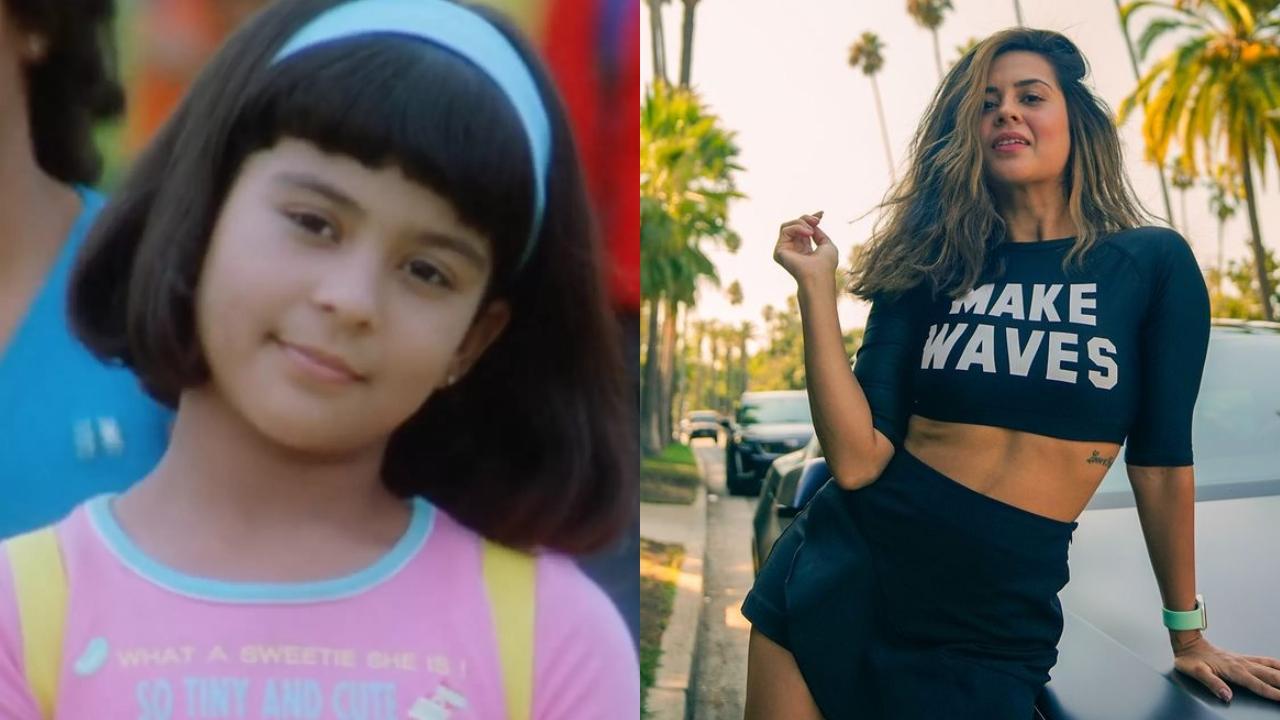Last week, the 7th U.S. Circuit Court of Appeals in Chicago ruled 2-1 that Senate Enrolled Act 17 (2024) can go into force because the U.
S. Supreme Court permitted a similar Texas law to remain in effect while the high court weighs the constitutionality of the southern statute. The federal appellate court did not overturn the finding that the Indiana law violates the 1st Amendment rights of Hoosier adults in its zeal to prevent individuals younger than 18 years old from accessing adult-oriented content online.

Rather, it merely said, "Functionally identical statutes should be treated the same while the Supreme Court considers the matter." Judge Ilana Diamond Rovner dissented from the brief order penned by Judges Frank Easterbrook and Amy St. Eve.
All three judges were appointed by Republican presidents, records show. Rovner said the one-sentence Supreme Court order allowing the Texas statute to remain in effect pending appeal is "too thin a reed" to justify infringing the constitutional rights of Hoosiers. She pointed out the Texas law took effect prior to being challenged in court while the Indiana law was found to be unconstitutional before it could take effect July 1.
As a result, Rovner said the preliminary injunction barring enforcement of the Indiana law should remain to preserve the status quo, rather than imposing compliance costs on businesses and individuals associated with a law found to be unconstitutional. "Such a precedent could have drastic consequences in a future case where the economic burden of a statute was even greater, by subjecting the parties to that burden while awaiting the Supreme Court's decision without ever considering the relative harms to the parties," Rovner said. The Indiana law, approved in March by the Republican-controlled General Assembly and Republican Gov.
Eric Holcomb, preemptively prohibits adult-oriented websites from publishing their content in Indiana unless the site employs a rigorous age verification system to prevent minors from accessing the website. U.S.
District Senior Judge Richard Young ruled June 28, in accordance with the Constitution and prior U.S. Supreme Court decisions, any law infringing on protected speech, including adult-oriented content, must advance a compelling government interest and be narrowly tailored to that interest so there are no less restrictive alternatives.
Listen now and subscribe: Apple Podcasts | Google Podcasts | Spotify | RSS Feed | SoundStack | All Of Our Podcasts The Indiana law, he said, "is not close" — "The attorney general has not submitted any evidence suggesting age verification would prohibit a single minor from viewing harmful materials, even though he bears the burden of demonstrating the effectiveness of the statute." Specifically, Young observed that minors based in Indiana still could access adult-oriented websites because the method of determining a website user's home state is not reliable, and it easily can be hidden or altered using a free virtual private network (VPN) connection. The law also specifically excludes from the age-verification mandate internet search engines and social media sites, such as Reddit and Facebook, among others, that make available plenty of adult-oriented videos and photos with just a single click, Young said.
"In sum, the act does not sufficiently advance the government's interests in protecting minors from harmful obscene speech because minors can easily circumvent the law using technology or searching for websites not covered by the act," Young said. Following the appellate court decision, Republican Attorney General Todd Rokita proclaimed the statute is now enforceable by his office, which includes fines of up to $250,000 for non-compliant websites. "This is a huge win for Hoosier families, ensuring our children can’t easily access explicit material.
We will continue upholding our constitutional duty to defend our laws in court," Rokita said. The law was challenged by The Free Speech Coalition and a number of adult-oriented website companies that appear to still make their content available to users in the Hoosier State without the strict age-verification process required by law. They may ask in coming days for the full 7th U.
S. Circuit Court of Appeals, or the U.S.
Supreme Court, to reinstate the preliminary injunction issued by Young. Alternatively, they could play a game of constitutional chicken with Rokita, since any enforcement attempt inevitably would have to overcome a federal judge's ruling that the law is unconstitutional — even if that ruling is on hold due to a technicality. Enforcement also likely would trigger separate review of the statute under the Indiana Constitution, which generally guarantees rights to Hoosiers that are more expansive than the federal Bill of Rights.
.



















